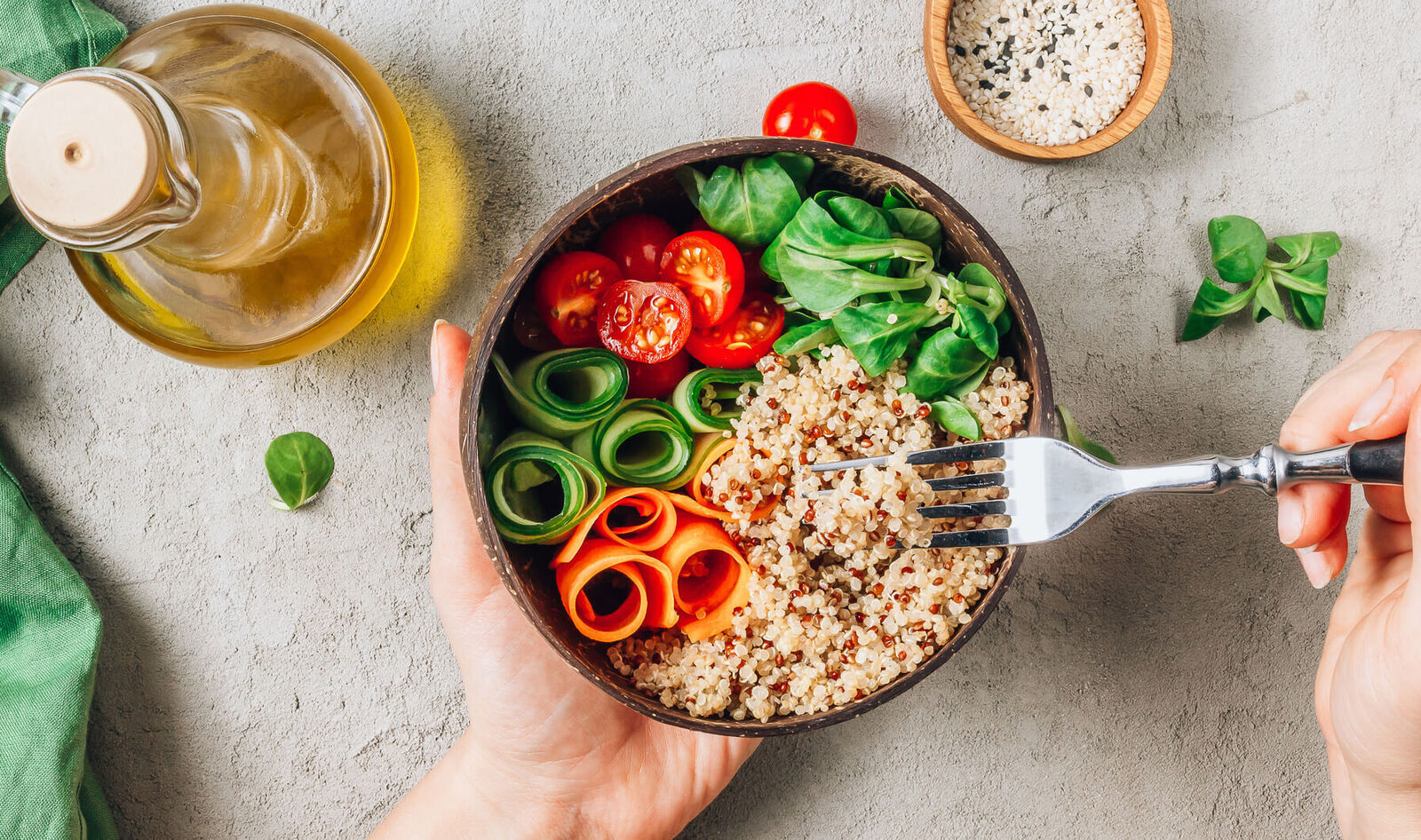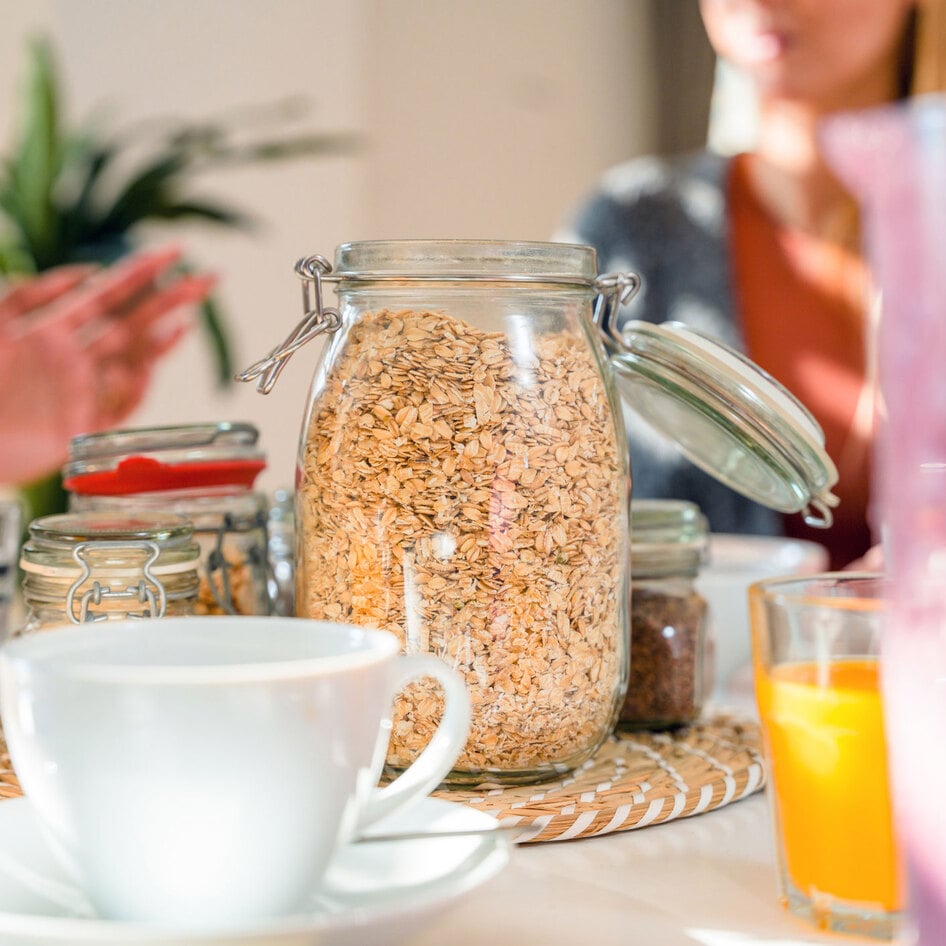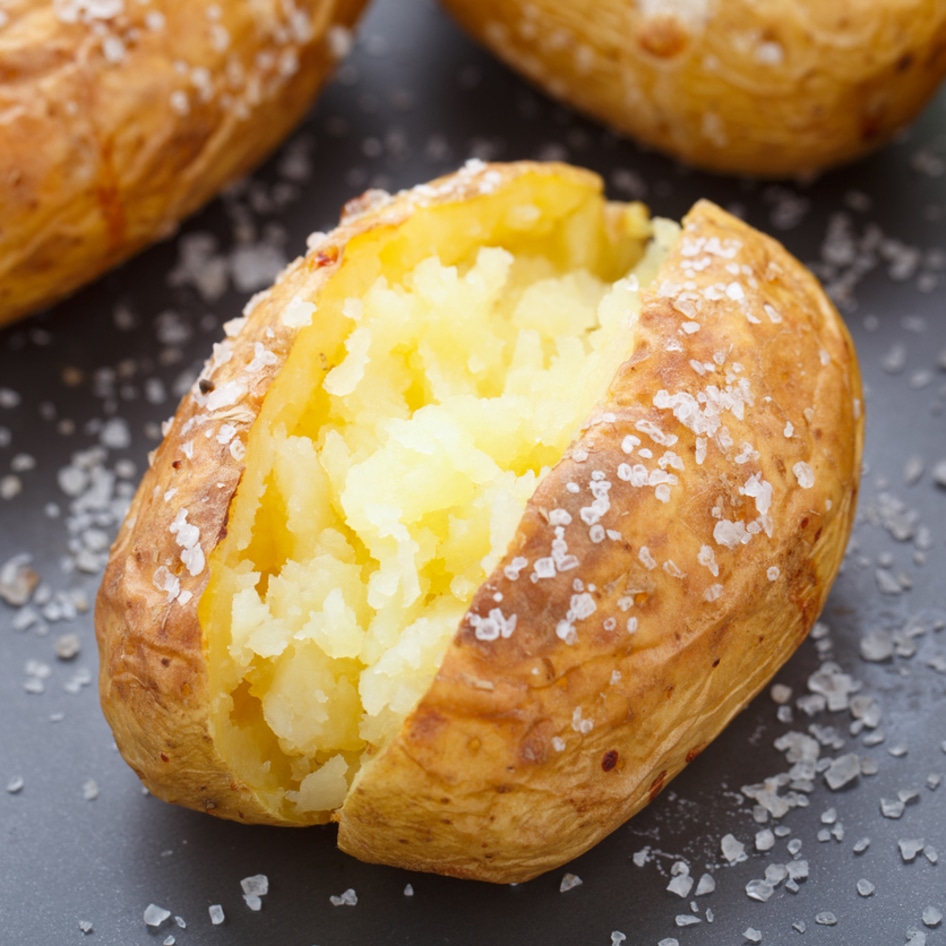Regular consumption of quinoa can help prevent Type 2 diabetes—a disease that affects 450 million people worldwide and is one of the world’s leading causes of premature death. According to a new study published in medical journal Nutrients, replacing high-carbohydrate foods with quinoa can help control spikes in blood sugar.
Quinoa, a plant-based food, is a highly nutritious pseudocereal originally from the Andes and, since its rise in popularity, is now grown in other parts of the world. Because of its nutritional properties—which include vitamins B, E, and C, and all essential amino acids—it has been hypothesized that quinoa could be good for certain cardiovascular diseases and other metabolic diseases such as Type 2 diabetes. However, there have been no scientific studies to back up these health benefit claims, until now.
The study, led by Diana Díaz Rizzolo, a member of the Faculty of Health Sciences at the Universitat Oberta de Catalunya and a researcher at the August Pi i Sunyer Biomedical Research Institute, aimed to determine if replacing foods that are high in carbohydrates with quinoa could have a positive effect on the prevention of Type 2 diabetes, especially in people with a high risk of developing the disease, such as older adults.
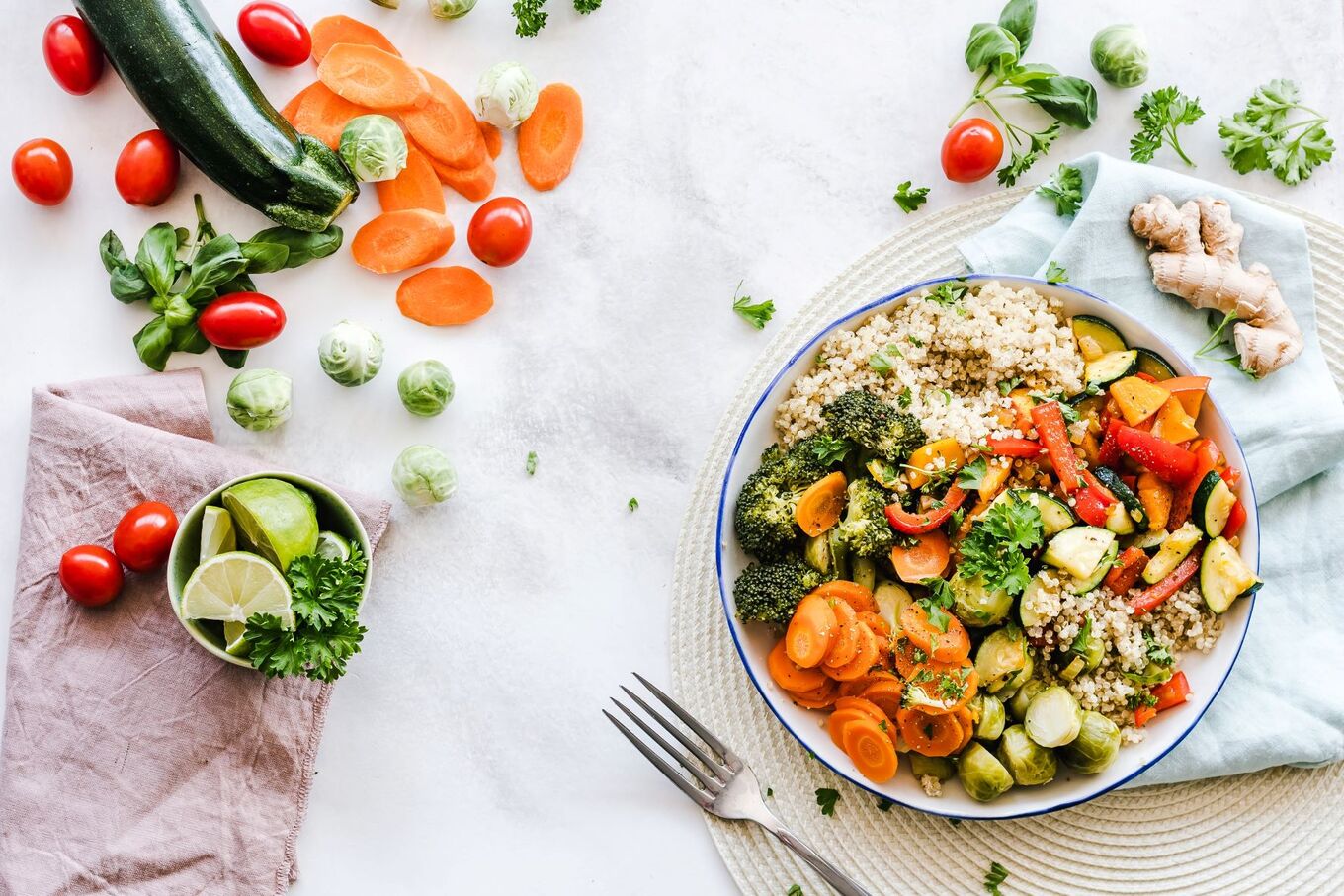
Ella Olsson
Micronutrients in quinoa help control blood sugar
Recent studies observed that polyphenols, a type of micronutrient present in quinoa, could help to keep blood sugar levels down. This is important because those with Type 2 diabetes experience blood sugar spikes after consuming carbohydrate-rich foods because their body does not produce enough insulin or fails to detect the insulin secreted by the pancreas.
“We carried out a review to find out what the scientific literature had to say about all the benefits attributed to quinoa and we found that there was no previous scientific evidence, only hypotheses, and that all the studies conducted in the past only focused on specific components or nutrients, without taking into account the food as a whole,” Rizzolo said in a statement.
Type 2 diabetes is preceded by a prior state called prediabetes, during which it is possible to prevent the disease if action is taken. “Seventy percent of people with prediabetes will go on to develop the disease,” Rizzolo said. “This conversion rate is even higher among older adults, which means that prediabetes plus aging equals a tremendous increase in the risk of developing the disease. This is why we wanted to see whether quinoa could be used to prevent the onset of the disease in this group.”
For the study, the researchers recruited prediabetic subjects over the age of 65. Over the course of a month, the researchers monitored the volunteers: they equipped them each with a continuous glucose monitor that measured the sugar in their blood every minute of the day, and had them keep a record of what they ate. This allowed the team to see how their blood sugar levels varied after each meal.
At the end of the month, they replaced foods rich in complex carbohydrates, such as cereals, pulses, potatoes, and pasta, with quinoa and foods made from this pseudocereal. To do so, they worked with the Alícia Foundation, which prepared new products using quinoa flour that were very similar to the foods being consumed by the study’s volunteers, such as bread, brioches, pasta, crackers, and breadsticks. Once again, they registered how the volunteers’ blood sugar levels varied over the course of the day.
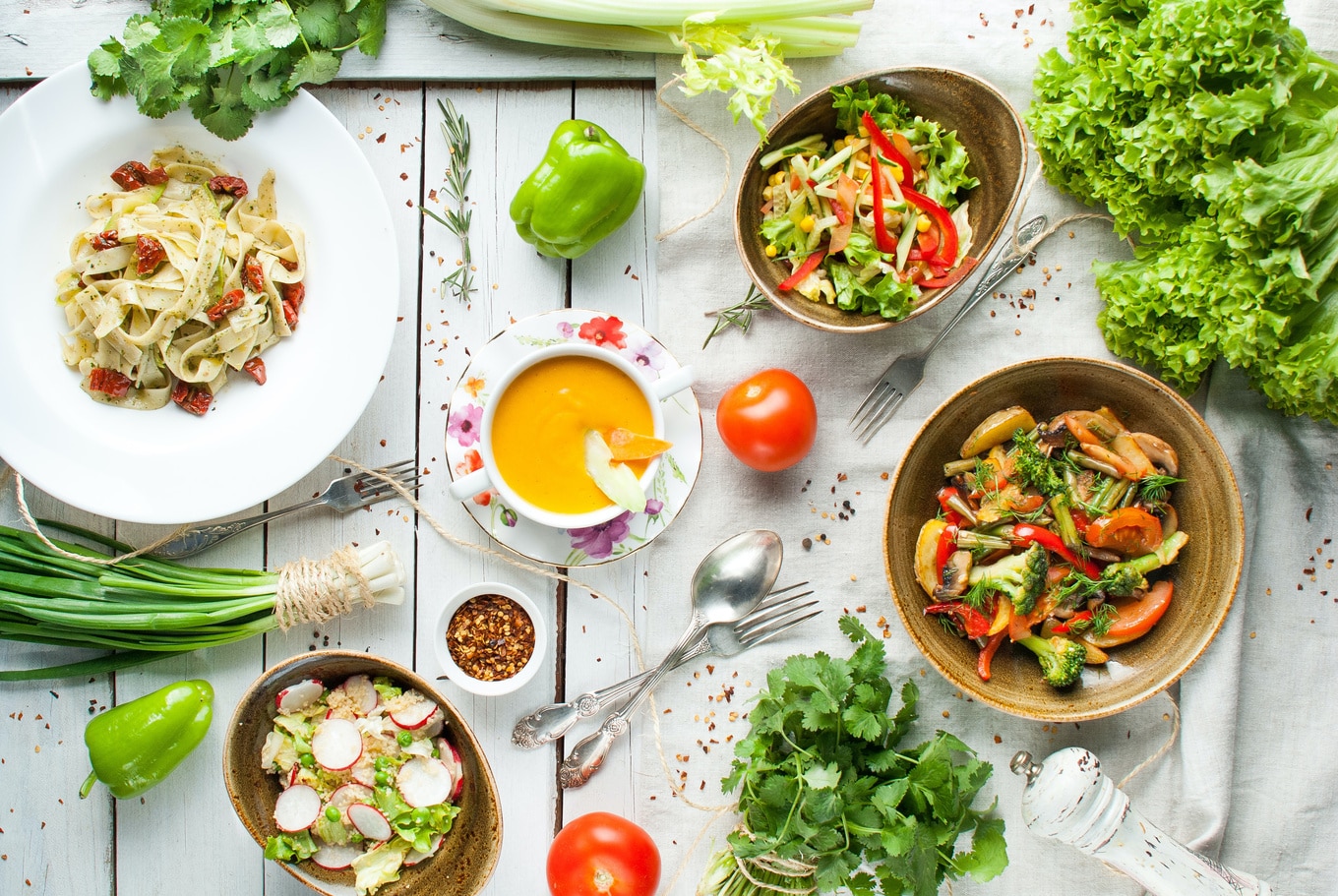
“We compared the blood sugar patterns and found that when the participants had eaten quinoa, their blood sugar spike was lower than with their usual diet,” Rizzolo said. “This is crucial because these post-meal blood sugar spikes are a determining factor in the progression of Type 2 diabetes.”
In addition to its benefits in regard to Type 2 diabetes, the researchers also found that the quinoa-based diet helped control blood lipid levels, which is why they believe it could be useful in controlling high cholesterol and other factors associated with cardiac risk. “Quinoa contains a high level of unsaturated fats, antioxidants and polyphenols, with clear cardiovascular benefits,” Rizzolo said. This pseudocereal also contains high levels of betaine, a compound capable of regulating homocysteine levels and preventing the onset of coronary heart disease.
For the latest vegan news, read:
Why Beyonce Swapped Her Birkin Bag With a Vegan Leather Tote
This Vegan Grocery Store is Big Enough to Rival Whole Foods
These Initiatives Aim to Make Vegan Lunches the Norm
JUMP TO ... Latest News | Recipes | Guides | Health | Subscribe

